Academia da Boa
Transforming bar professional training from physical to digital learning experience
My Role
Product Designer
Client
Antarctica/AMBEV & Senac
Platform
Mobile LMS Platform
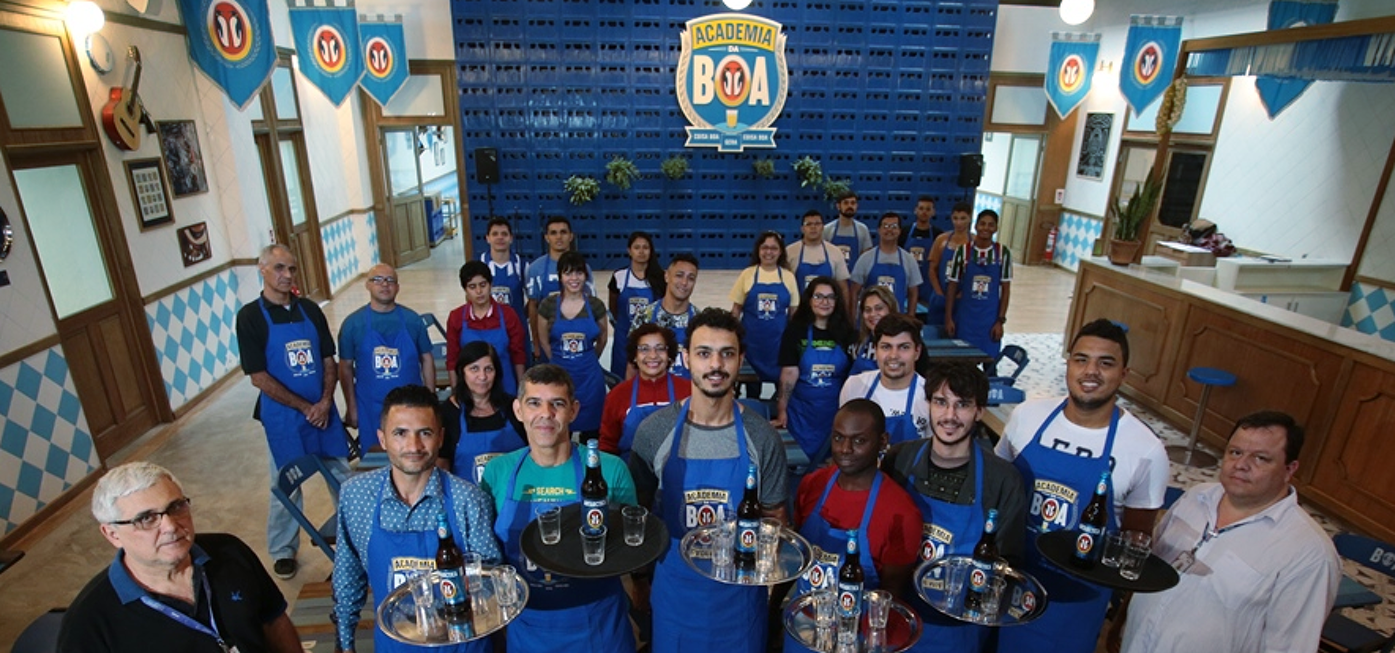
overview
Academia da Boa is going digital! The professional school for bar professionals originally launched in 2017 and based on a 19th loft in Lapa has accepted the challenge of transitioning to the digital world the physical experience. The project was developed by Antarctica, a Brazilian brewer that has been around since 1885 and was one of the funding companies of the AMBEV consortium 1999. Just like its original version, the digital platform offers exclusive modules to capacitate bar professionals. The project was developed in partnership with Senac.
main goal
Expand accessibility and engagement by creating an intuitive, familiar platform that reaches underserved audiences and minimizes barriers to participation
Understanding the Challenge
The original physical training program faced significant limitations: participants couldn't travel to headquarters, content wasn't optimized for mobile learning, and lessons were too long for busy professionals. Our target users lived outside city centers, had limited study time, earned less than double minimum wage, and were primarily familiar with Android devices.


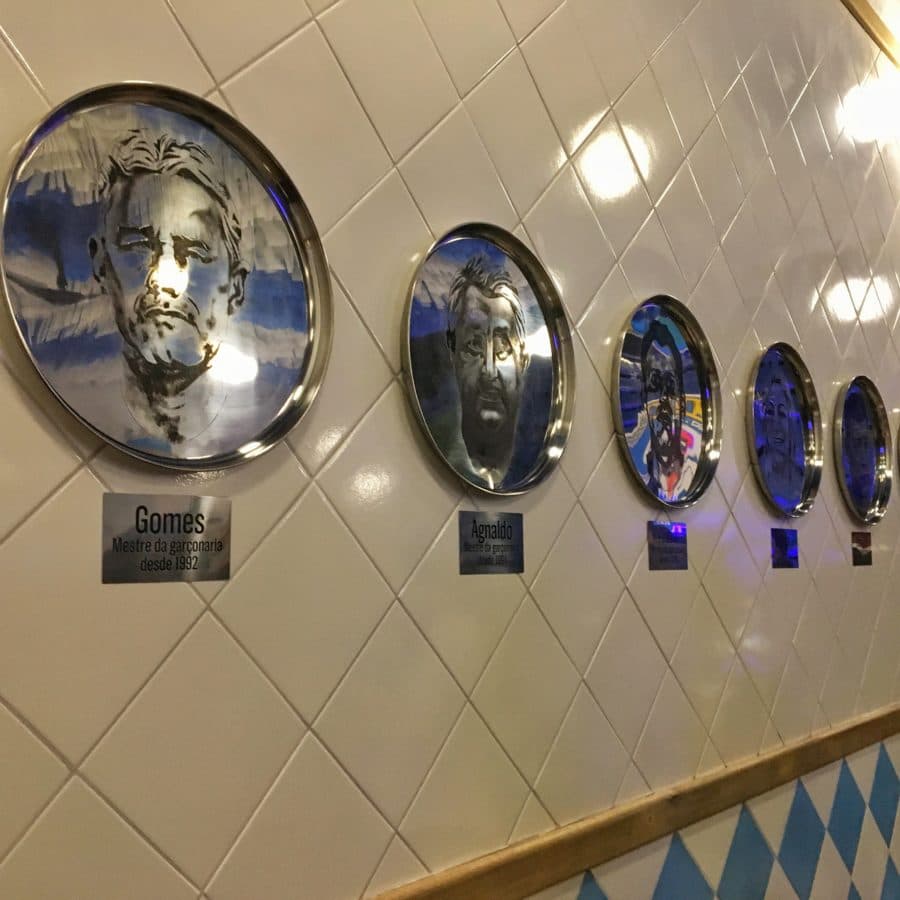
Mobile-First Solution Design
Developed a minimalist LMS platform following Material Design guidelines, featuring an intuitive onboarding experience with navigation tips and video tutorials. The solution prioritized mobile navigation, modular course structure with shorter lessons, and progress tracking with strategic check-in points to accommodate users' limited connectivity and study time.

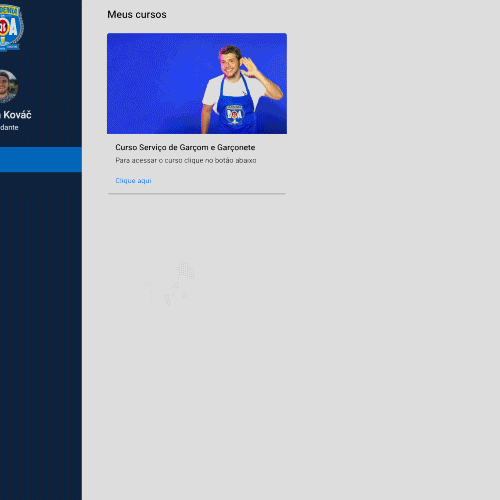
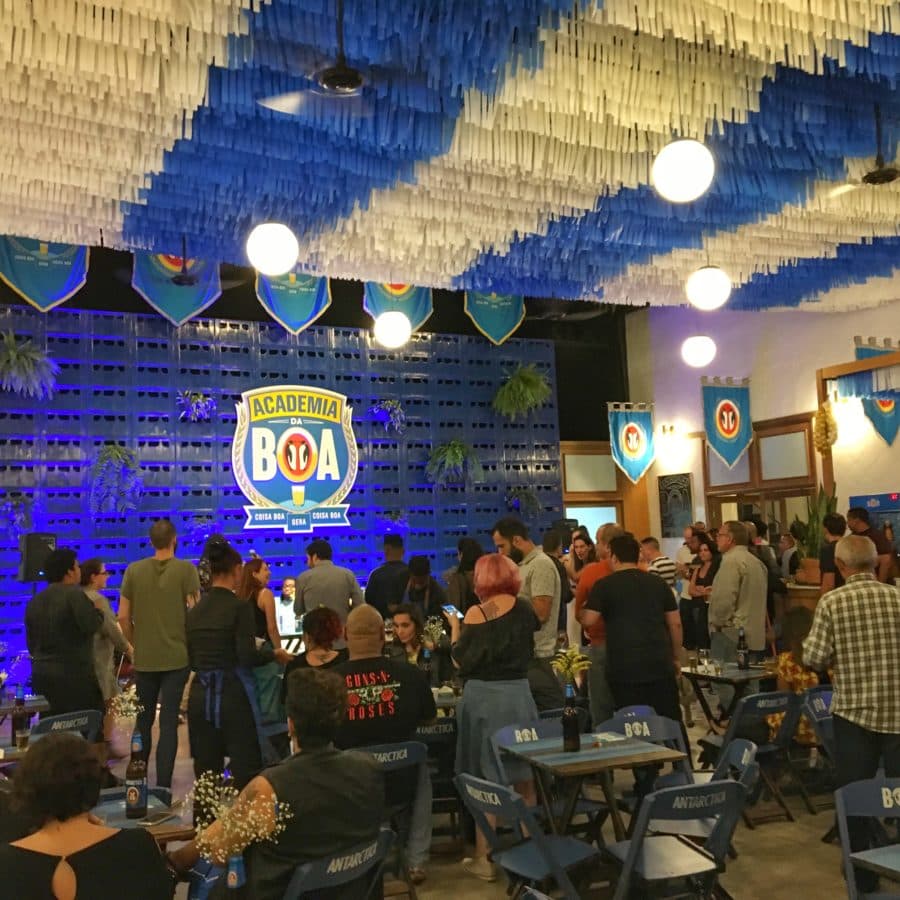
Results and Impact
The digital transformation achieved remarkable success with a 3.5x increase in participation rates compared to the physical course. This dramatic improvement validated the user-centered design approach and demonstrated the power of addressing real user needs through thoughtful digital solutions.
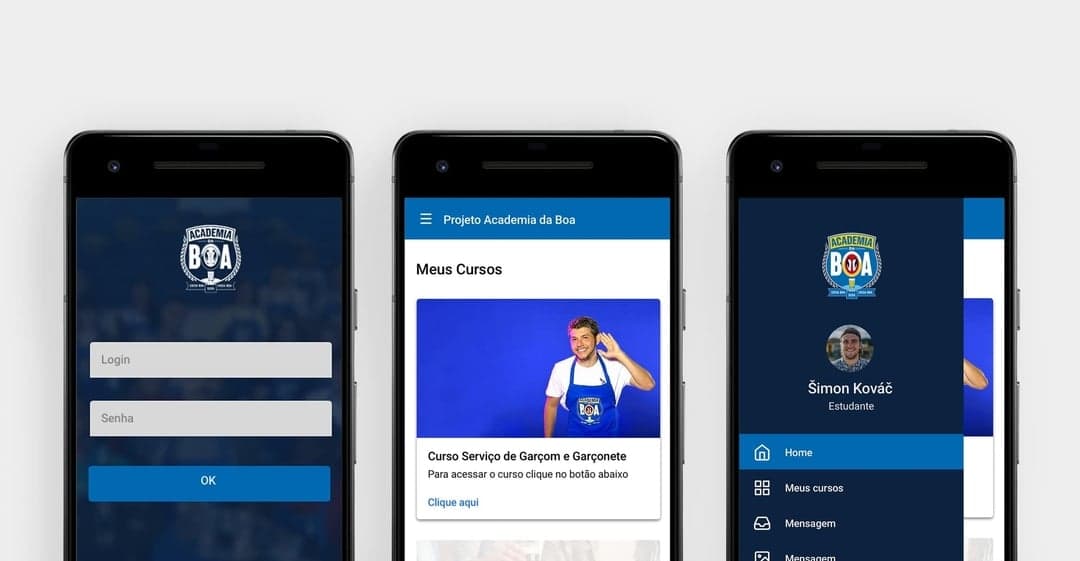


key takeaway
This project reinforced the critical importance of user-centered design and iterative testing. By deeply understanding our users' constraints and needs, we created a solution that not only solved accessibility problems but dramatically improved engagement. The 3.5x participation increase proves that thoughtful design can remove barriers and create meaningful impact.